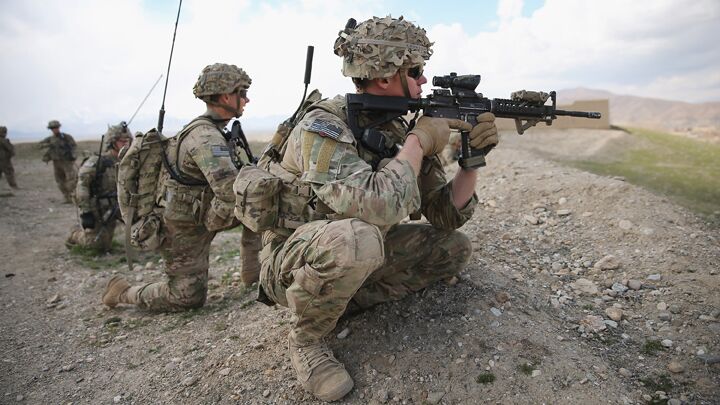
Casualty-Free Afghanistan
Not a single U.S. soldier died in Afghanistan during the month of March. This was the first month free of casualties in more than seven years, and only the third such month since the war began. While no families or friends of United States’ servicemen will have to mourn the loss of a loved one, the celebrations serve as little comfort to the Afghan people. While no American lives have been lost, the spilled blood of both Afghans and internationals alike still washes the streets of Kabul as the Taliban carries out attack after bloody attack.
Here is a brief overview of this macabre mosaic. Multiple terrorist attacks have occurred in Kabul in the final days leading up to the election. On March 20, Taliban insurgents opened fire in the Serena Hotel, killing eight civilians. On the same day the Taliban attacked a police station in Jalalabad, killing 10 officers and one civilian. On March 28, the Taliban attacked a U.S.-based charity in Kabul. On March 29, Taliban insurgents dressed in burkas attacked the Independent Election Commission headquarters. On April 2, a suicide bomber dressed as a policeman blew himself up at the Afghan Interior Ministry, killing six Afghan soldiers.
When internationals flee the country because of the threat of violence during elections, can the nation truly be considered fertile ground for a democratic government? Afghanistan is about to experience major political upheaval. The new leadership will either attempt to rebuild ties with America, undoubtedly leading to more attacks by the Taliban, or the new government will reconcile with the terrorists, which will only lead to an ever more poignant Taliban presence in the region.
There are few beneficial options on the table for Afghanistan. The Taliban has not been defeated by the might of the U.S. military, which is only growing smaller by the day. The question that the Afghan people should be concerned with now is what happens when 2015 rolls around. At that time, the U.S. will consistently attain “no casualty” months because barely any U.S. soldiers will remain in the country.
While America celebrates its successes in war-torn Afghanistan, the Taliban celebrates as well, as wave after wave of attacks destabilize the nation, slowly reverting the land back to Taliban control.
For more on America’s withdrawal—which will facilitate the rise of the Taliban—and the impending consequences for Afghanistan, read our article “Abandoning Afghanistan.”
